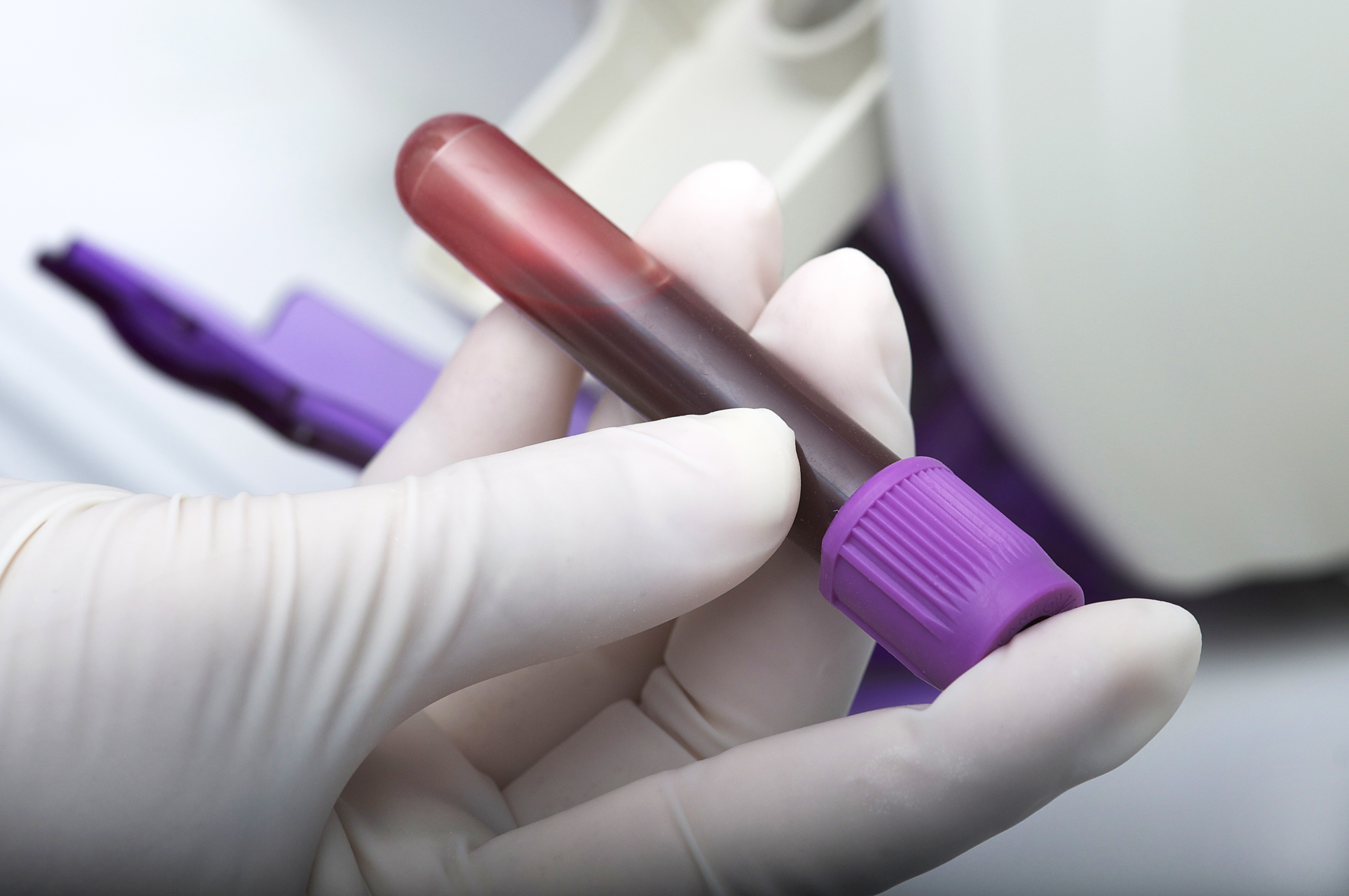When the pandemic closed schools and sent everyone to work from home, 50 percent of the donated blood supply ended overnight. Months into the pandemic, the blood supply is at a dangerously low level in North Texas and nationwide.
Carter BloodCare is a Dallas-based nonprofit that supplies blood to 50 counties and 200 hospitals in Texas. CEO Dr. Merlyn Sayers says their position is dire. With blood drives at churches, schools, and offices no longer an option, the organization has lost half of its supply. The other half came from a few dozen neighborhood centers, which have also seen a supply drop because residents are hesitant to visit the blood centers during the pandemic.
Blood centers are encouraging individuals to give blood at the neighborhood centers, and have taken steps to ensure donor safety. But many remain anxious about visiting a healthcare facility of any kind. “There has been a historic shift in how we collect blood,” says Kate Fry, CEO of America’s Blood Centers. “Collection has all shifted to fixed sites, which has really been a challenge.”
While hospitals also saw a drop in emergency and trauma situations because fewer people were going out and having accidents, the decrease in need for blood didn’t match the drop in supply. And with hospitals returning to normal levels, the need for blood has become even more urgent. “We have returned to a 100 percent demand from hospitals, but we are not able to collect at the same rate,” Fry says.
In any case, most blood isn’t used for accident victims, but is needed for other planned operations like organ transplants, cancer surgeries, and other malignancies. “Around 600 to 700 people per day get an order for a blood transfusion,”he says. “That is not influenced by the COVID-19 pandemic. They can’t wait until it is more convenient to donate.”
The problem is not limited to North Texas.”I don’t know of anybody that has an adequate blood supply at the moment,” Sayers says.
Sayers says elective surgeries may have to be postponed due to the lack of blood or operations may be prioritized based on the blood type of the patient to ensure that there is adequate supply. Maintaining sickle cell programs that require frequent blood transfusions will also be a challenge in these conditions. “We have not gotten to that point,” Sayers says. “And we don’t want to either.”
Sayers has been in the blood business for four decades and says current situation is a first. “There never been a set of circumstances that have mimicked this. We have never seen such a sustained deficiency in the blood supply, and it is not just a local phenomenon.”
“This is an unprecedented situation,” says Fry. “The blood impact has been seen equally across the country. The supply has been absolutely decimated throughout the pandemic.”
Looking ahead, summer is usually a low point for donation because of travel and schools being out, but the supply is usually regenerated in the fall. Because the pandemic is putting the return to school and work in doubt, the need is only greater.
Blood supply professionals are looking for innovative ways to increase donation. Paying people to donate is risky, as studies have shown that donors may lie on the questionnaire about their history so they can collect their payment.
Another initiative is called Thank the Donor, where blood recipients have the ability to personally thank the person who donated the blood, much like organ recipients have the ability to thank the family of their donor. The blood donations can be just as essential as an organ donation, and the goal is to create more supply through that connection and help the donor understand that he or she really made a difference. “It is a way to link transfusion recipients with the donors, and that thank you is just so powerful,” Sayers says. “You have the potential for saving three lives, and there’s no substitution for that.”
Sayers says Carter BloodCare is staying in touch with their supporters, hospitals, and other organizations, so that when the mobile blood drives return, they will be ready to work together. “We are going to do everything that we possibly can,” Sayer says.
If you want to donate blood, find a location here or here.





